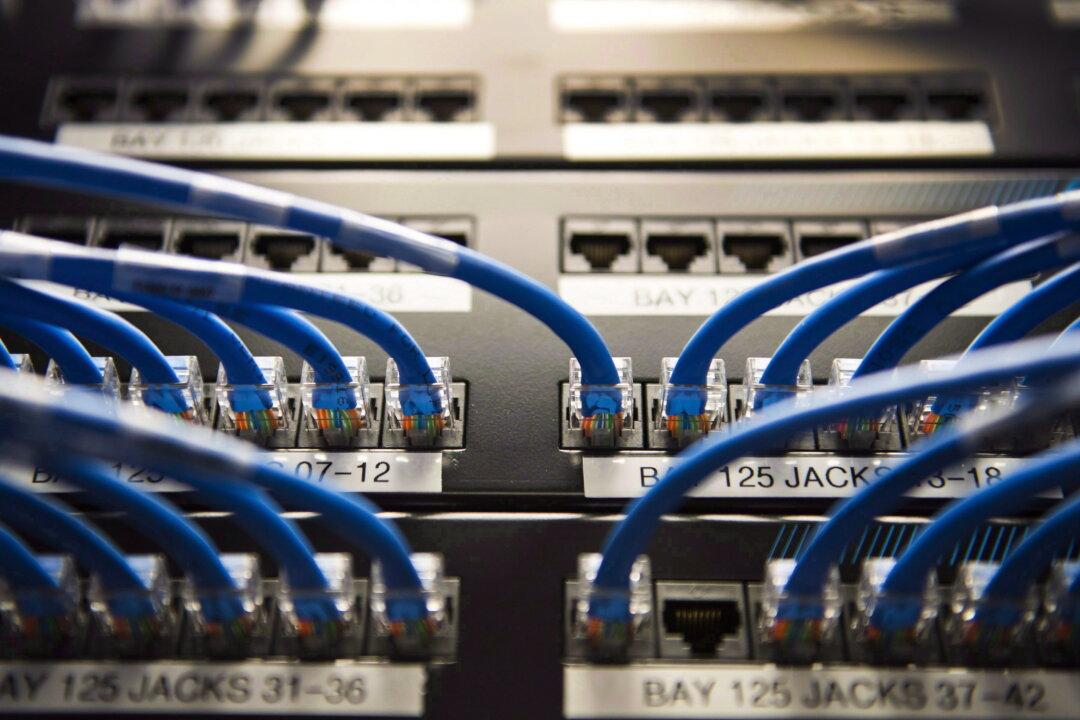Newfoundland and Labrador’s health minister says the province’s health system has suffered a suspected cyberattack, but did not confirm media speculation that ransomware was used in the attack, which caused serious disruptions.
Disruptions to the health-care IT system started on the morning of Oct. 30, causing “progressive failure” to what Health Minister John Haggie said was the “brain” of the data centre, impacting thousands of appointments and procedures, including those involving COVID-19 testing.





